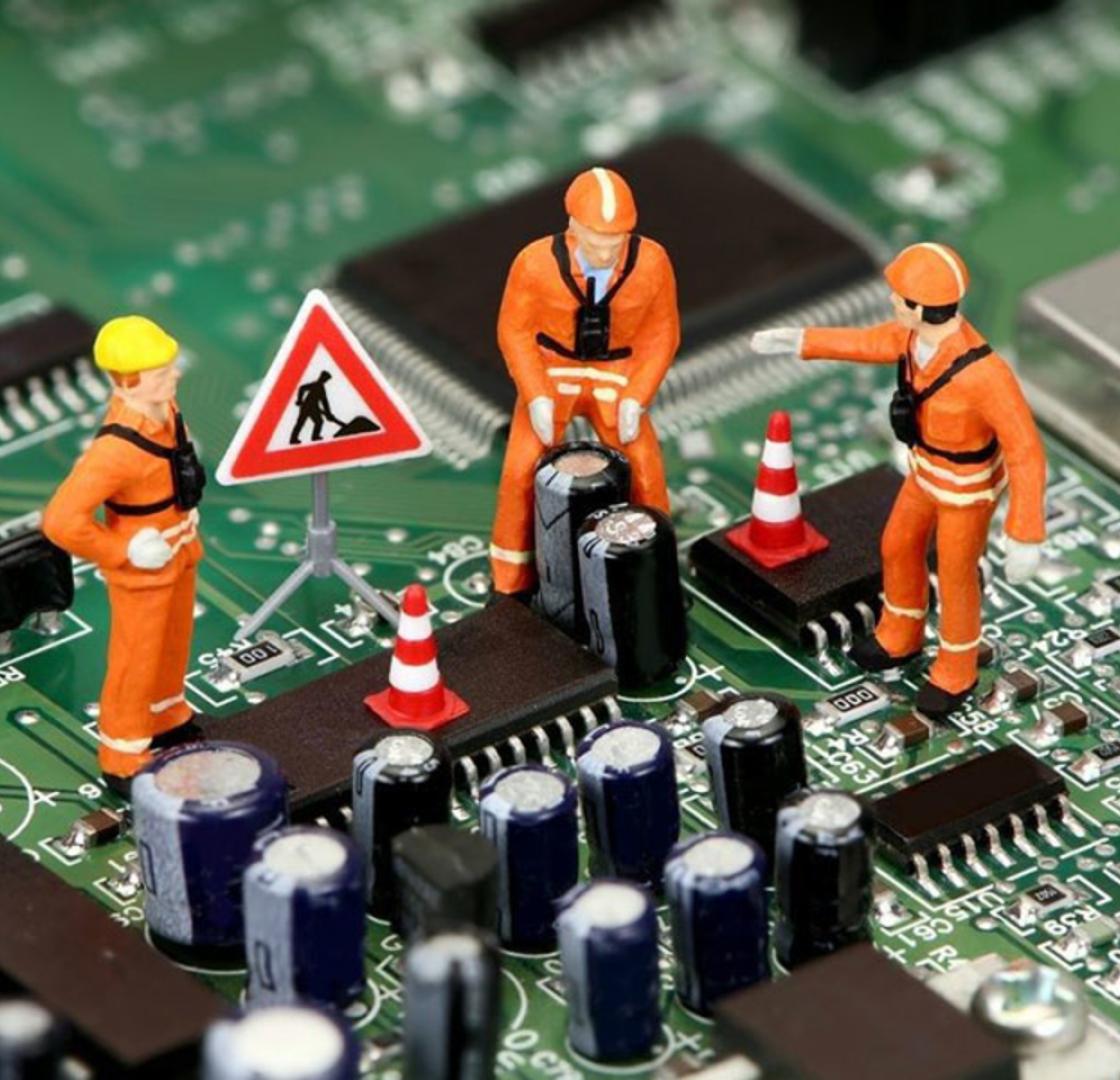Being an IT Support company we have to deal with a lot of different problems ranging from the simple to the outright near impossible. Over the years we have noticed a trend with the most common problems we face and offer you advice and solutions on how to deal with them so you don’t crash your tech support guy the same way you do your servers. Here are the 10 most common IT problems we come across:
1. I can’t log in.
This is a problem that everyone has faced at least once in their life and is one of the most common problems we come across. The causes of this problem can range from something as simple as caps lock being left on to something a little more serious such as the users account being suspended.
2. The printer won’t work.
Quite often the case the user hasn’t actually turned on the printer. I know what you are thinking, people aren’t that stupid but when they work in an office and don’t often print they sometimes forget to check that it is on. Other common solutions are checking it is filled with paper, that there is ink in the machine and that you are actually printing to the correct printer.
3. My computer is slow.
A lot of users like to keep there computer running for weeks on end without actually shutting it down, these users also like to have as many tabs and programs running as possible at one time. If this is the case then tell them to give their computer a break by either closing down some of the programs they aren’t using or by shutting their computer down for a couple of minutes. If this doesn’t help then they might have picked up some malware, this does not have such a simple solution and would need to be looked at in more detail.
4. My computer shut itself down.
Computer fans pick up a lot of dust and once it has accumulated to much it causes the fan to stop working. Meaning your computer starts to overheat. It is important to clean your computer every now and then to stop this build up and to keep your computer from overheating.
5. The blue screen of death.
The infamous blue screen of death can be a terrifying thing for any PC user, but in most cases all is not as bad as it seems. Simply take a deep breath, calm yourself down and reboot your computer. In most cases this will resolve the issue and you can carry on working away. We do suggest that you take note of the error message when the blue screen appears just in case it comes up again.
6. Can I recover accidentally deleted files?
Quite a lot of the time, accidentally deleted files end up in a users recycling bin. If this is the case then all is not lost, quite literally. Simply restore the document from the recycling bin and get back to work. If the user has emptied their recycling bin or it is permanently deleted then stop using that drive until all files have been retrieved by a specialist.
7. My computer won’t recognise my USB device.
There are many obvious next steps to this problem, including: testing it in another USB port on the computer, testing it on another computer together and testing that your computer reads other USB devices. If you can’t get it to work on your computer but it works on another then simply get the other computers user to email over the files you need off of it.
8. The internet is slow.
There are two very common reasons for slow internet: Spyware and Viruses. Users often forget about their spyware programs and leave them running long and internet consuming scans of their computer. If it is a virus causing the problem then you need to find out what exactly they have been doing, no matter how embarrassing, so you can fix it.
9. I keep disconnecting from the WiFi.
Whilst we do sometimes come across an overloaded router, we find that the most common cause of this problem is the user has not correctly connected to the network so they can’t establish a secure connection. All you need to do is get someone who knows what they are doing to walk the user through the process.
10. My computer is making a weird noise.
Some hard drives have been specifically designed to make a noise when something goes wrong. At this point you should stop using your computer and check everything is in working order. It is times like these when you realise you should be backing all of your work up so you can access it if anything happens to your computer and its hard drive.
Contact us today to find out more about how we can support your business.
